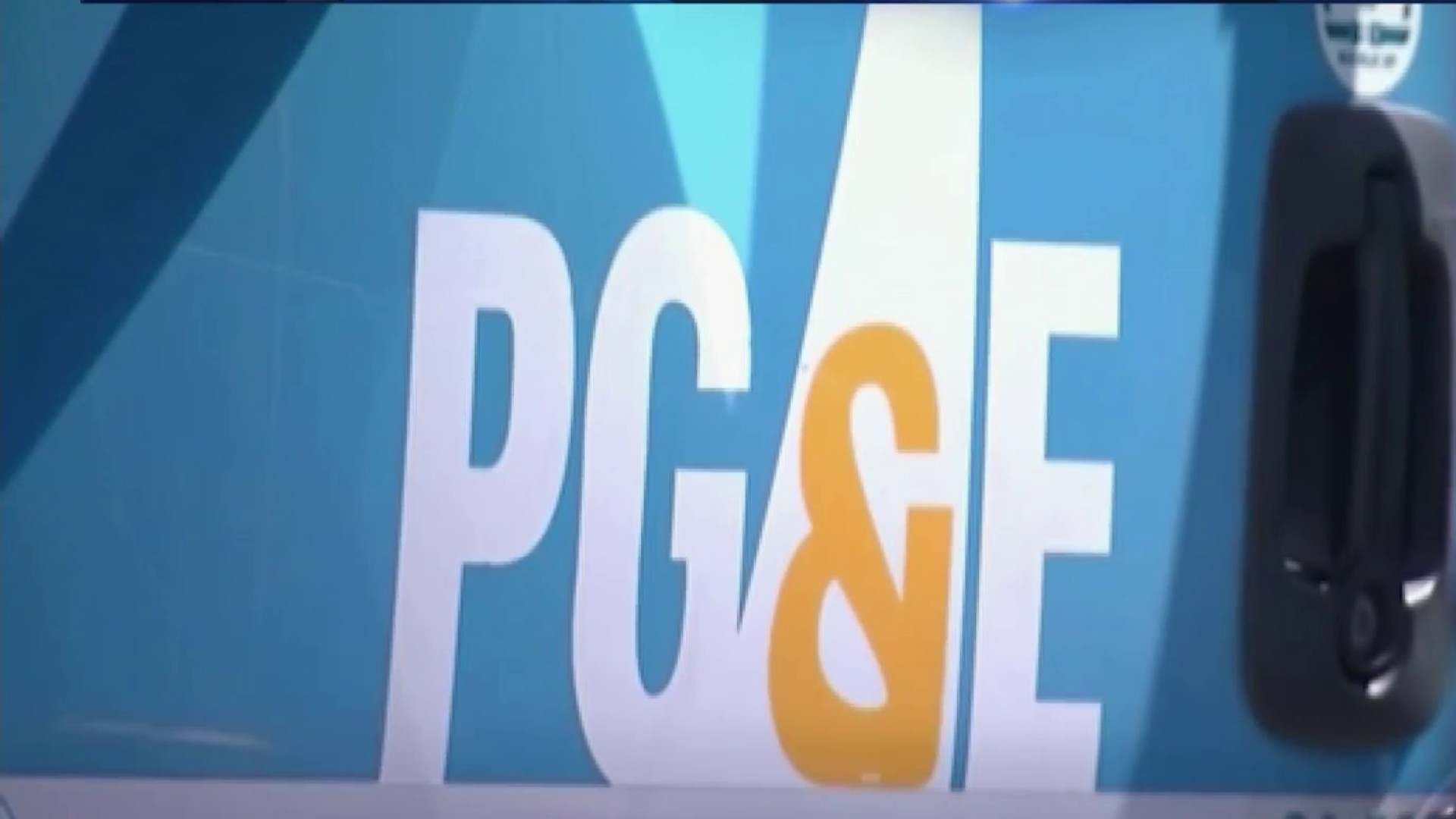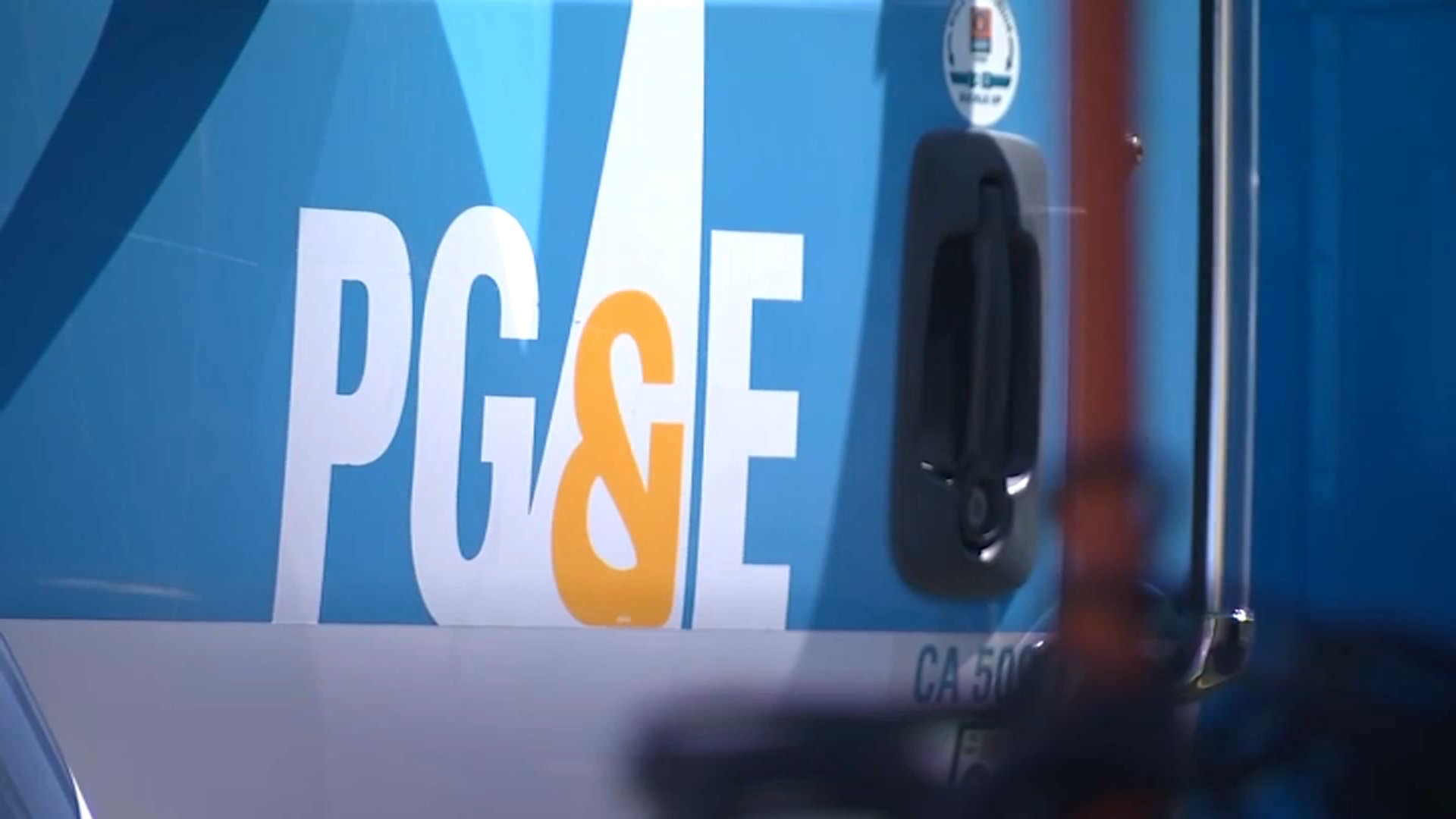Despite profits of more than $2 billion last year, PG&E recently told regulators that it is in such a financial bind that it needs more time to make a $1 billion payment.
That payment is due at the end of the month and is being paid to a fund meant to repay ratepayers for financing wildfire costs and bailing it out of bankruptcy.
At a recent investor briefing, PG&E’s CEO Patti Poppe told the audience she feels “really great about our turnaround,” citing PG&E’s increased earnings last year as proof the utility is restoring its fiscal health after bankruptcy following the 2017 and 2018 wildfires.
“We’re serving our planet, and we're leading with love at PG&E, and I couldn't be more proud to stand alongside with the men and women of PG&E to do just that," Poppe said.
But within days of delivering that message to shareholders, the utility filed a petition with state regulators, formally asking to delay two-thirds of the $1 billion dollar payment.
In the filing, the company cites “financial challenges” in asking for the extension. In a meeting with regulators this month, the company also raised a number of what it called key points, including: “PG&E has significant capital needs and remains below investment grade.”
The reason for the bind, according to the utility’s filings, is that the company is still waiting for regulators to act on a financing plan to raise money for the $1 billion payment. Under the new proposal PG&E would pay just one third of the $1 billion now, a third next year and the rest when the financing plan is authorized.
Ratepayer advocates were quick to dismiss the idea that PG&E is facing an actual financial pinch. Those advocates believe the utility's customers are the ones in a real financial bind - thanks to a recent string of rate hikes.
“We’re talking about a company who, in 2023, $2.5 billion to shareholders? PG&E has the money,” said Mark Toney, executive director with the ratepayer advocacy group TURN. “You have no reason to cry poor when we have given you rate increase after rate increase after rate increase.”
Get a weekly recap of the latest San Francisco Bay Area housing news. Sign up for NBC Bay Area’s Housing Deconstructed newsletter.
In the filing, PG&E describes the financing plan as critical to raise the needed money without raising utility rates. As part of that plan the company is seeking to sell a near-one-half stake in its gas, solar and hydroelectric power plants, worth as much as $3.5 billion.
But Loretta Lynch, former president of the state’s Public Utilities Commission, says the sale involves leveraging a key asset paid for long ago by PG&E customers. She said the plan amounts to: “let us sell off our crown jewels and pocket the profits.”
The risk, Lynch says, is uncertainty for ratepayers. “This is a bad deal from the customer's point of view.”
“These new investors are going to want a return on their investment,” adds Toney of TURN, “and they're going to want a return that's much higher than the regulated rate of return.”
PG&E told regulators at the recent meeting that the financing deal provides funding for “needed infrastructure without increasing customer rates.”
But Toney is skeptical of the company's claim - saying partial private ownership could make the utility vulnerable to market pressure and other unknowns. In the end, he says he believes, utility customers could end up paying for more bailout costs instead of utility shareholders.
“PG&E is leading with love, the love of money,” Toney said. “The situation right now is that ratepayers feel all the pain and the shareholders are reaping all the gain.”
While the company did not discuss the specifics of its financial challenges, it said in a statement: “We appreciate the California Public Utilities Commission’s thoughtful review of our request. We look forward to working with regulators to determine a path forward on funding the customer credit trust in a way that is most beneficial to our customers.”
So far, regulators have yet to answer the petition. The $1 billion bill is currently due on the last day of March.
PG&E says that nearly all the more than $2 billion in 2023 earnings was reinvested. It paid shareholders $21 million directly in dividends.



